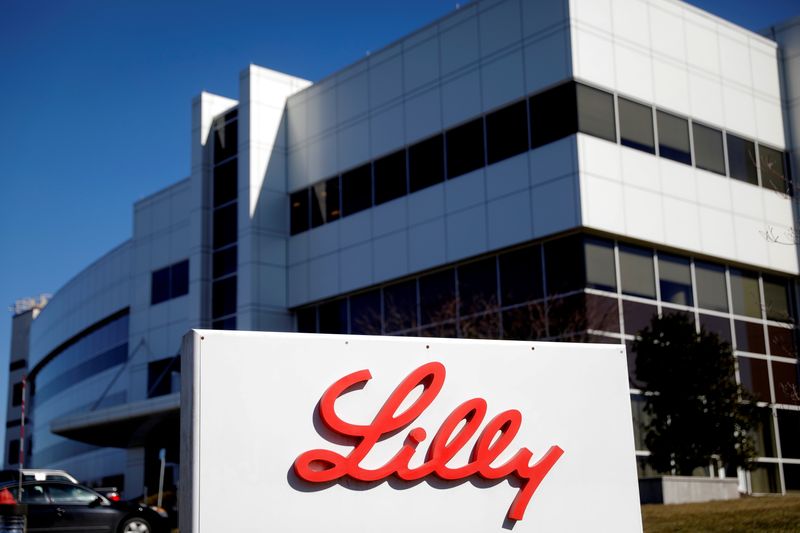(Reuters) -Eli Lilly and Co's COVID-19 drug bebtelovimab is not currently authorized for emergency use in the United States, the Food and Drug Administration said, citing it is not expected to neutralize the dominant BQ.1 and BQ.1.1 subvariants of Omicron.
Wednesday's announcement takes away authorization from the last COVID-19 monoclonal antibody treatment, leaving Pfizer Inc (NYSE:PFE)'s antiviral drug Paxlovid, Merck's Lagevrio and Gilead Sciences (NASDAQ:GILD)' Veklury as treatments for the disease, besides convalescent plasma for some patients.
AstraZeneca (NASDAQ:AZN) Plc's monoclonal antibody Evusheld is also authorized for protection against COVID-19 infection in some people.
Eli Lilly (NYSE:LLY) and its authorized distributors have paused commercial distribution of the monoclonal antibody until further notice from the agency, while the U.S. government has also paused fulfillment of any pending requests under its scheme to help uninsured and underinsured Americans access the drug.
The drug, which was discovered by Abcellera and commercialized by Eli Lilly, received an authorization from the FDA in February.

BQ.1 and BQ.1.1 have become the dominant strains in the United States after a steady increase in prevalence over the last two months, surpassing Omicron's BA.5 sub-variant, which had driven cases earlier in the year.
The subvariants accounted for around 57% of the cases nationally, as per government data last week.